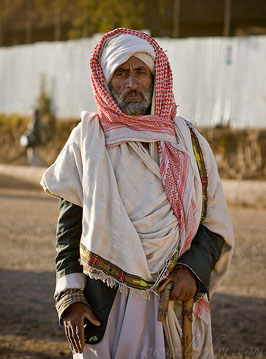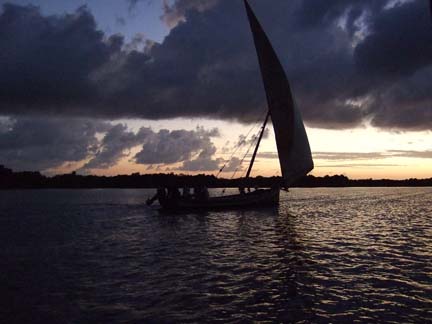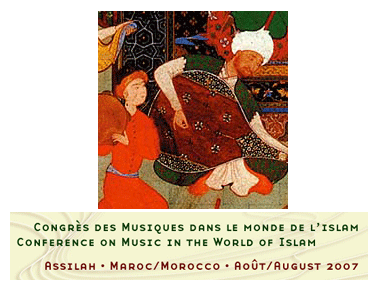Islamic State’s latest victims: poor defenceless Christian Ethiopians
by Samson A. Bezabeh, Open Democracy, April, 21, 2015
After all, what IS wants is to create a polarized world of Muslim vs Christians by tapping into local discontent of various sorts.
The killing was horrific for anyone with enough resolve to see the video footage. Killing a defenceless human being with no military training, with no gun or weapon in his hand, for the colour of his skin, his country of origin and/or religious faith has been the hallmark of the Islamic State (IS).
In places such as Libya and Iraq being white has become a license for being kidnapped, then tortured. The colour bar, however, has not prevented IS from further killing. The latest victims are black Ethiopians who are adherents to Christianity. The 29-minute videos which IS released show a barbaric scene where poor migrants, as defenceless as their white counterparts, are shot and beheaded while a caption reads, “ followers of the cross from the enemy of the Ethiopian churchâ€.
Their crime is nothing other than being Christian and belonging to the Ethiopian church which has hardly gone out of its way to attack IS in any manner. Killing members of a poor minority for the faith that they are practicing does not have any honour. The many sympathisers of IS found in Africa, Europe or elsewhere in the globe should once again closely question the values that they are upholding. Every single gesture of admiration that is given IS either implicitly or explicitly, every “ like†clicked on Facebook pages, pulls the trigger on innocent Christian Ethiopians who have been butchered. Continue reading The killing was horrific…




